A bartender holds a glass of Carlsberg beer in a bar in St. Petersburg, Russia.
Alexander Demianchuk | Russia
Ukraine is urging global companies to divest from Russia and relocate to its war-stricken neighbor, as Moscow continues to seize the assets of foreign companies.
Russian President Vladimir Putin signed a decree on Sunday for the government to seize control of the Russian subsidiaries of French food producer Danone and Danish brewer Carlsberg, taking the companies’ shares under “temporary administration.”
Around 1,000 international firms began the process of leaving Russia after its illegal invasion of Ukraine in February 2022, but many have yet to successfully sell their assets in the country.
Sunday’s move was the first time that Russia has taken hold of the subsidiaries of Western companies since it seized Finnish and German energy companies Fortum and Uniper in April. The Kremlin has previously suggested that this was retaliation for Western seizures of Russian assets.
Sergiy Tsivkach is the CEO of UkraineInvest, a government agency tasked with attracting foreign direct investment to Ukraine and promoting the country as a secure long-term investment option for international business.
“We are most interested in those [companies] that stopped investment plans in Russia,” Tsivkach told CNBC via videolink from Kyiv late last month.
“We identified about 200 global companies that ceased investment activities in Russia and we are in touch with them in order to provide the possibility to build manufacturing facilities in Ukraine instead of Russia.”
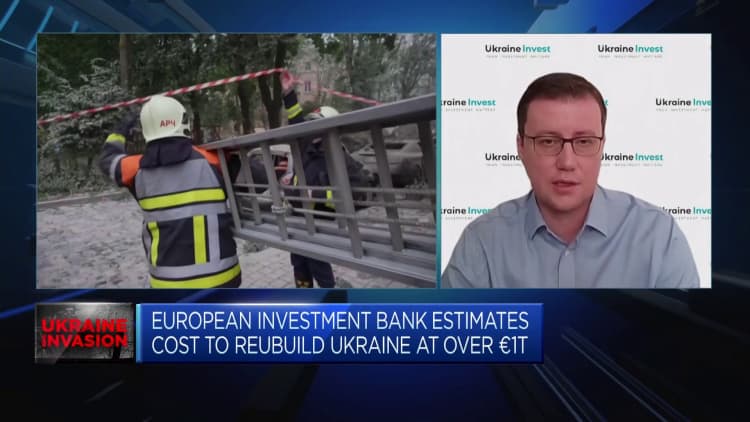
Tsivkach also called for more companies with operations in Russia to pull out, urging CEOs to look not just at the ethical implications, but also the business case for fully divesting.
“We understand that there may be difficulties with selling your businesses and leaving Russia, but that should be top on the list of the agenda of every CEO of an international company that still operates in Ukraine,” he said.
“It is important to show that the aggressor cannot receive any investments or any operations from international companies.”
Over 1,000 companies have publicly announced that they are voluntarily curtailing operations in Russia beyond the bare minimum required by international sanctions, according to the Yale School of Management, but some have continued operating undeterred.
“I think they need to make a quicker decision, because it is not only about ending the war, our victory and the end of hostilities, this is about the inability of any reputable international company to operate in Russia during the war and after the war,” Tsivkach said.
“A country that illegally invaded its neighbor for no reason cannot be trusted by any private businesses, because their assets can be arrested without reason in due course, nationalized, so companies need to understand that Russia is not a business partner that you can rely on.”
Carlsberg and Danone seizures
Tsivkach was speaking before Russia’s seizure of Carlsberg-owned Baltika Breweries and Danone Russia, both of which are now under the control of the Russian Federal Agency and state property agency Rosimushchestvo, per Putin’s decree.
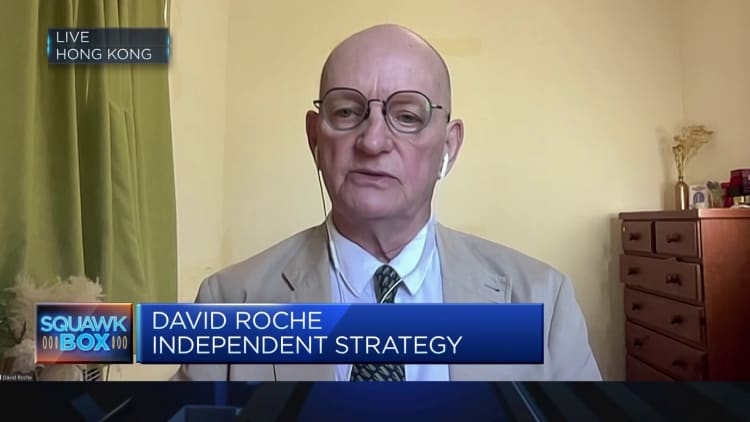
Carlsberg said in a statement Sunday that it will “assess the legal and operational consequences of this development and take all necessary actions in response.”
The company announced on Mar. 28, 2022 that it would seek a full disposal of its business in Russia, and signed an agreement on Jun. 23, 2023 to sell the subsidiary, although this was awaiting regulatory approval.
Carlsberg said the prospects for the sale process are now “highly uncertain” and that it is “in the process of obtaining more detailed information.”
Danone also said it was investigating the situation, having started transferring control of its business in the country to a Russian entity in October last year.
“Danone is preparing to take all necessary measures to protect its rights as shareholder of Danone Russia, and the continuity of the operations of the business in the interest of all stakeholders, in particular its employees,” the company said on Sunday.
Russia also on Monday axed the Black Sea Grain Initiative, a key humanitarian corridor delivering Ukrainian grains to global markets, hours before the expiry of the U.N.-brokered deal.
Given the unpredictability associated with retaining operations in Russia, Tsivkach suggested that it could be decades before companies see enough of a business case to consider returning to the country.
XXX CAN WE CUT THIS QUOTE? “I hope that international companies will understand this ASAP for their sake, for the sake of Ukraine and for the sake of the whole world, because that is a very dangerous thing that Russia has initiated not only for Ukraine, but for the whole world’s stability and security.
‘Your war investment could be wiped out’
Ukraine’s allies pledged nearly $60 billion toward the country’s recovery and reconstruction at the Ukraine Recovery Conference in London in June. UkraineInvest, meanwhile, is currently overseeing 17 investment projects worth over $2.3 billion. XXX CAN WE END THIS HERE?
However, with no end to the war in sight, many investors are reticent about investing in the country.
David Roche, veteran investor and president of Independent Strategy, told CNBC last week that the investment needed to secure Ukraine’s future needs to come not from businesses, but from NATO.
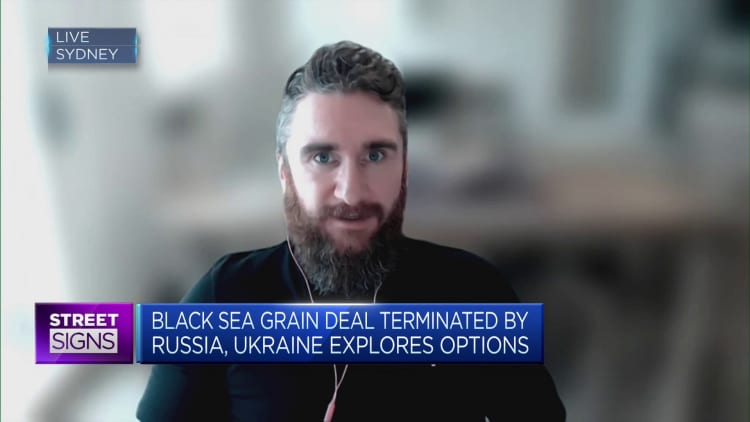
At a summit in Vilnius, Lithuania, earlier this month, the 31-member military alliance granted more arms to Ukraine, but Roche argued that the arms promised were not the long-range missiles that could be pivotal in helping Ukraine win the war.
Tensions also arose between leaders as Ukrainian President Volodymyr Zelenskyy bemoaned the lack of a timeline for Kyiv to join NATO.
“We’re still arming Ukraine to continue to not lose this war, but we’re not arming it to win this war, and I think that is a very important shortfall,” Roche said.
“If you were going to finance the rebuilding of Ukraine, you would not put a penny into Ukraine unless it had long-term guarantees from NATO, because your war investment could be wiped out. It’s often ignored but it’s very important — is NATO fulfilling the guarantees which are necessary to get the private sector to step into Ukraine? And I think the answer is no.”
He added that a prolonged war is in Russia’s interest, since NATO will not allow Ukraine to join the alliance while it is still embroiled in live conflict.
“Yes, we have seen Sweden coming into the Alliance and we’ve seen Turkey seemingly changing direction and supporting the West much more openly, but we have not seen the real clincher which is the security issue for Ukraine,” Roche said. XX END QUOTE HERE?

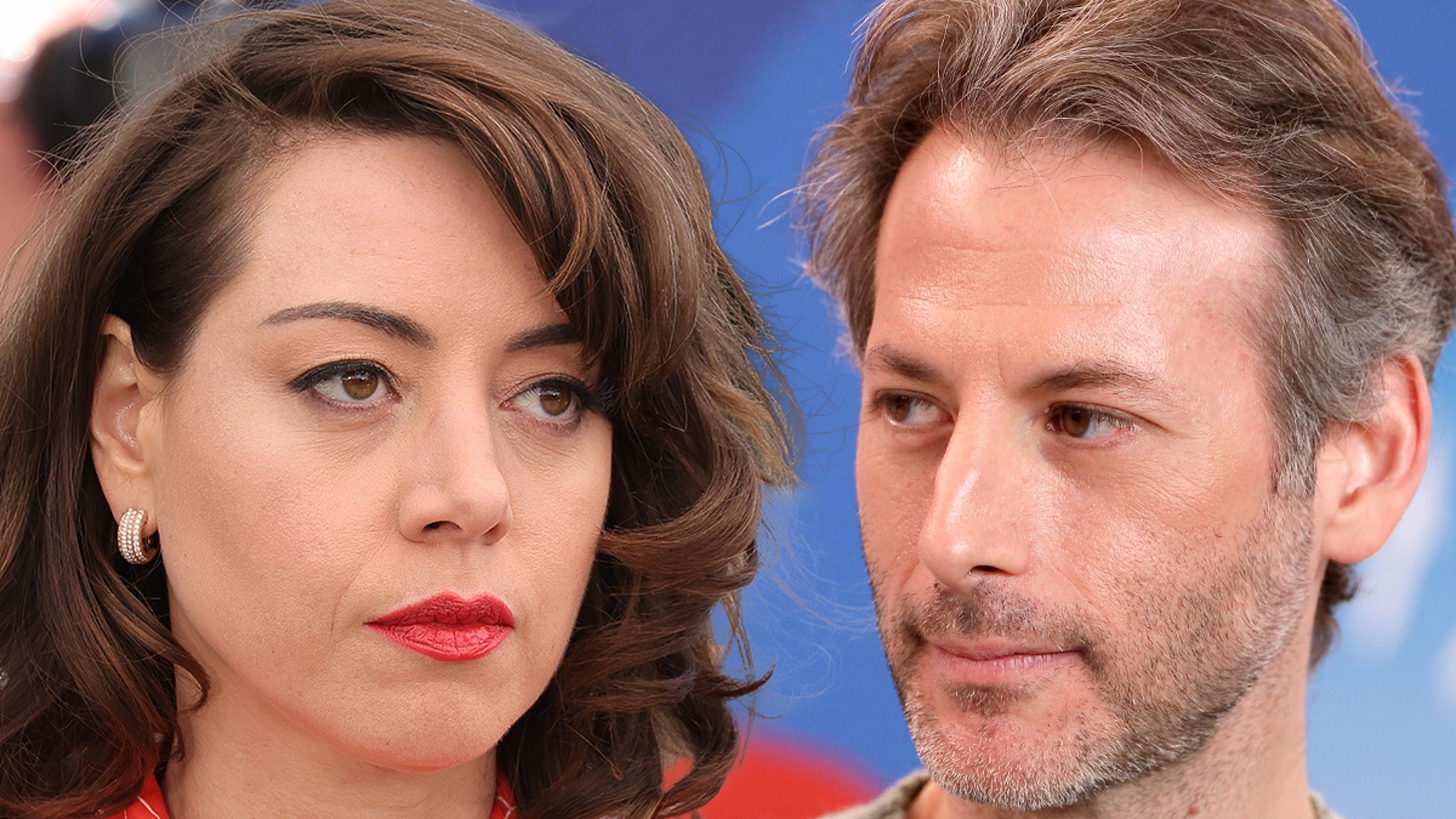




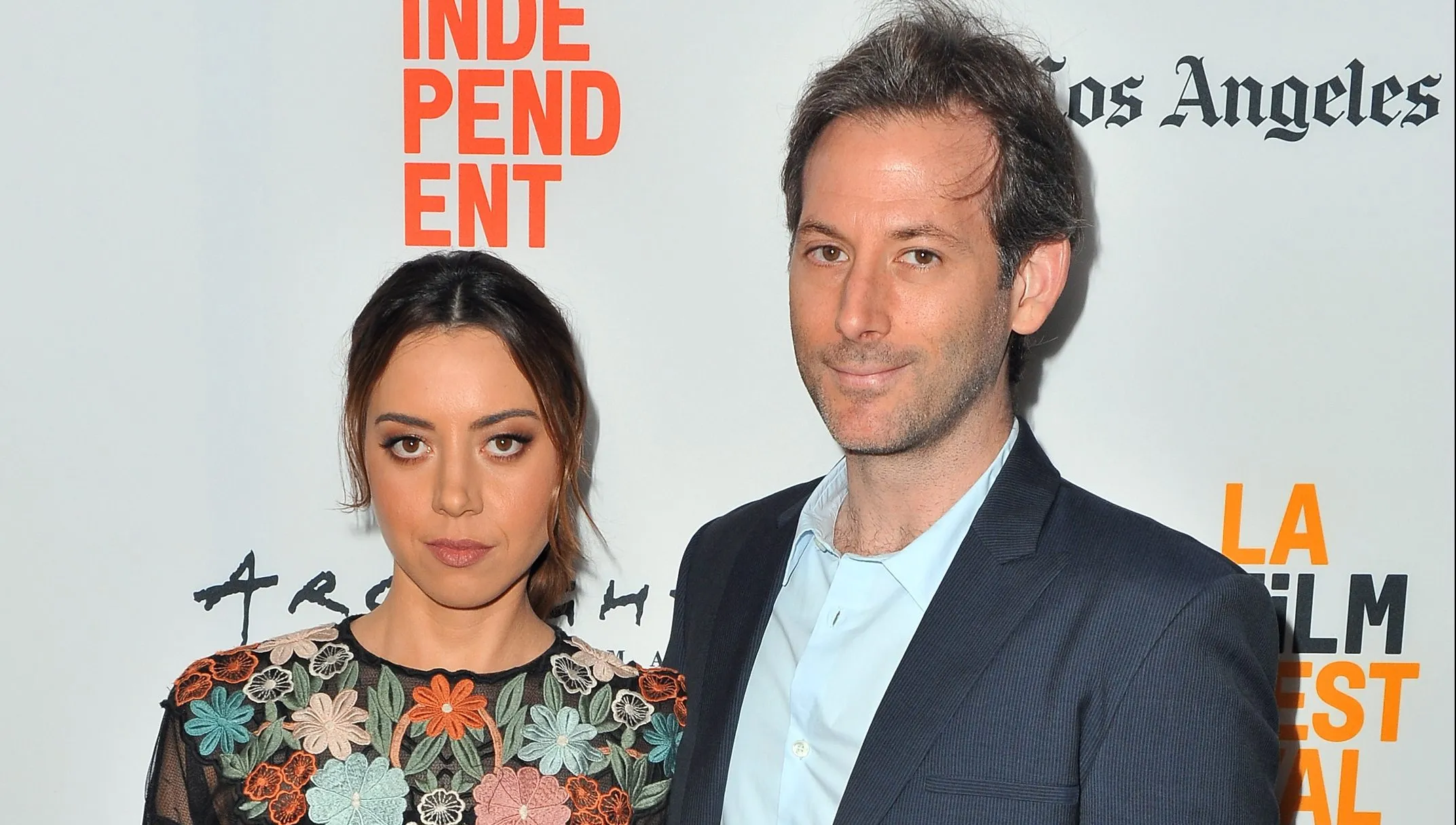












![Brilliant Minds Season 1 Finale Review: [Spoiler’s] Return Throws Oliver’s World Out of Control Brilliant Minds Season 1 Finale Review: [Spoiler’s] Return Throws Oliver’s World Out of Control](https://cdn.tvfanatic.com/uploads/2025/01/Rushing-to-Save-the-Apartment-Victims-Brilliant-Minds-Season-1-Episode-12.jpg)























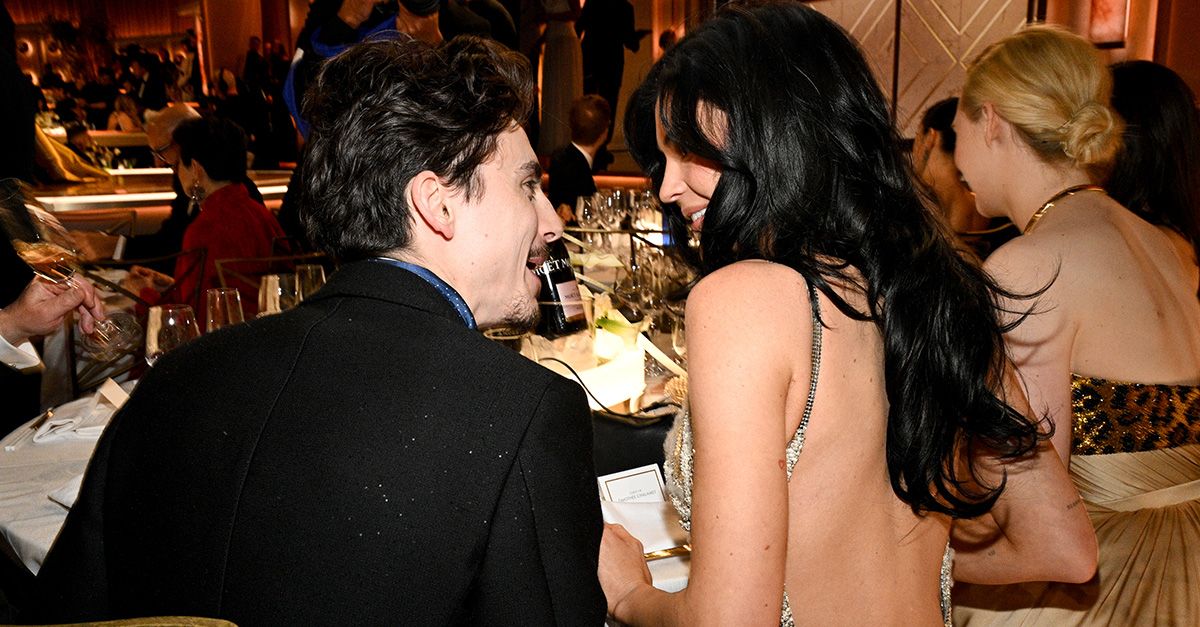





























![[Spoiler] Evicted in Season 26, Week 6 [Spoiler] Evicted in Season 26, Week 6](https://tvline.com/wp-content/uploads/2024/08/big-brother-eviction.jpg?w=650)





